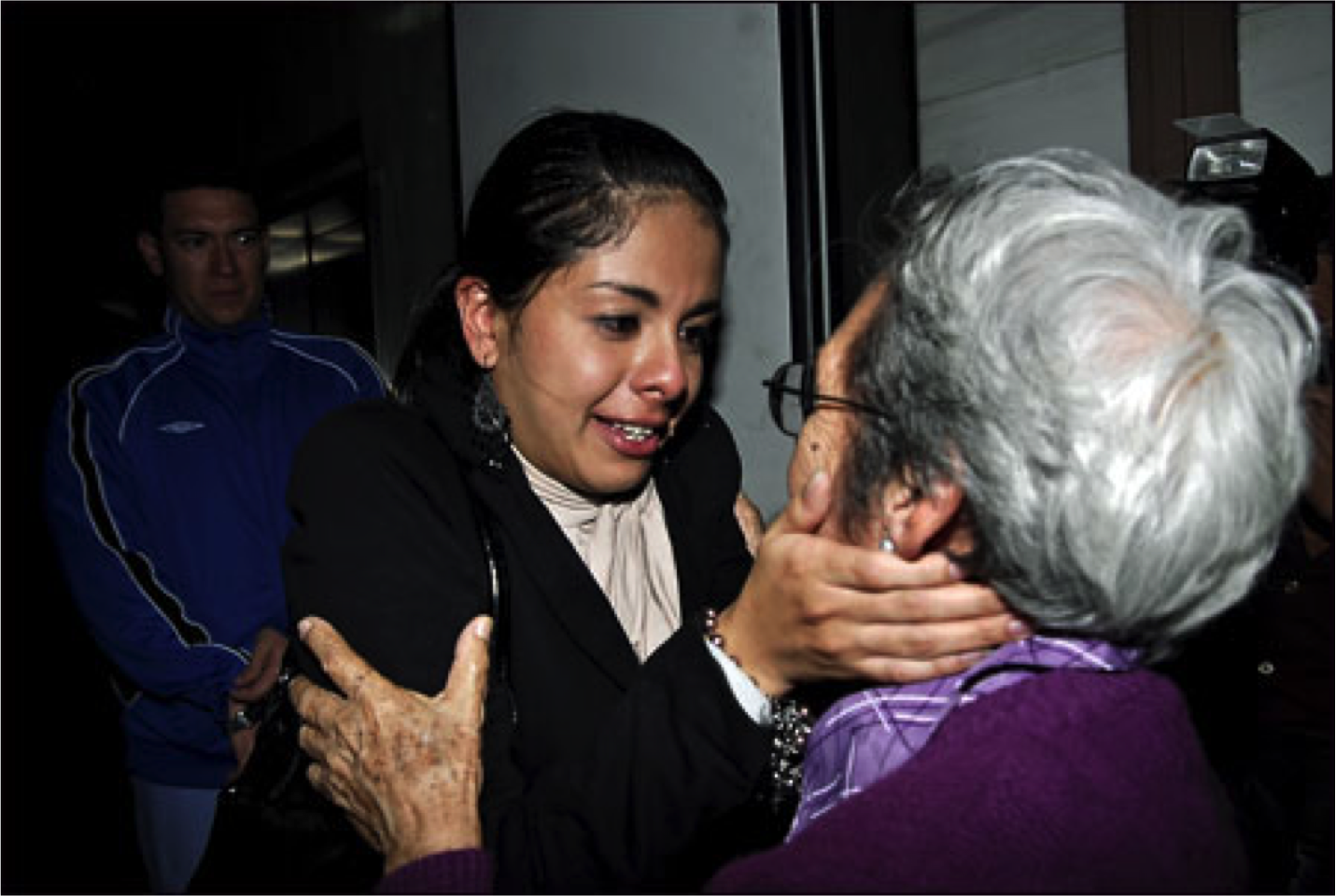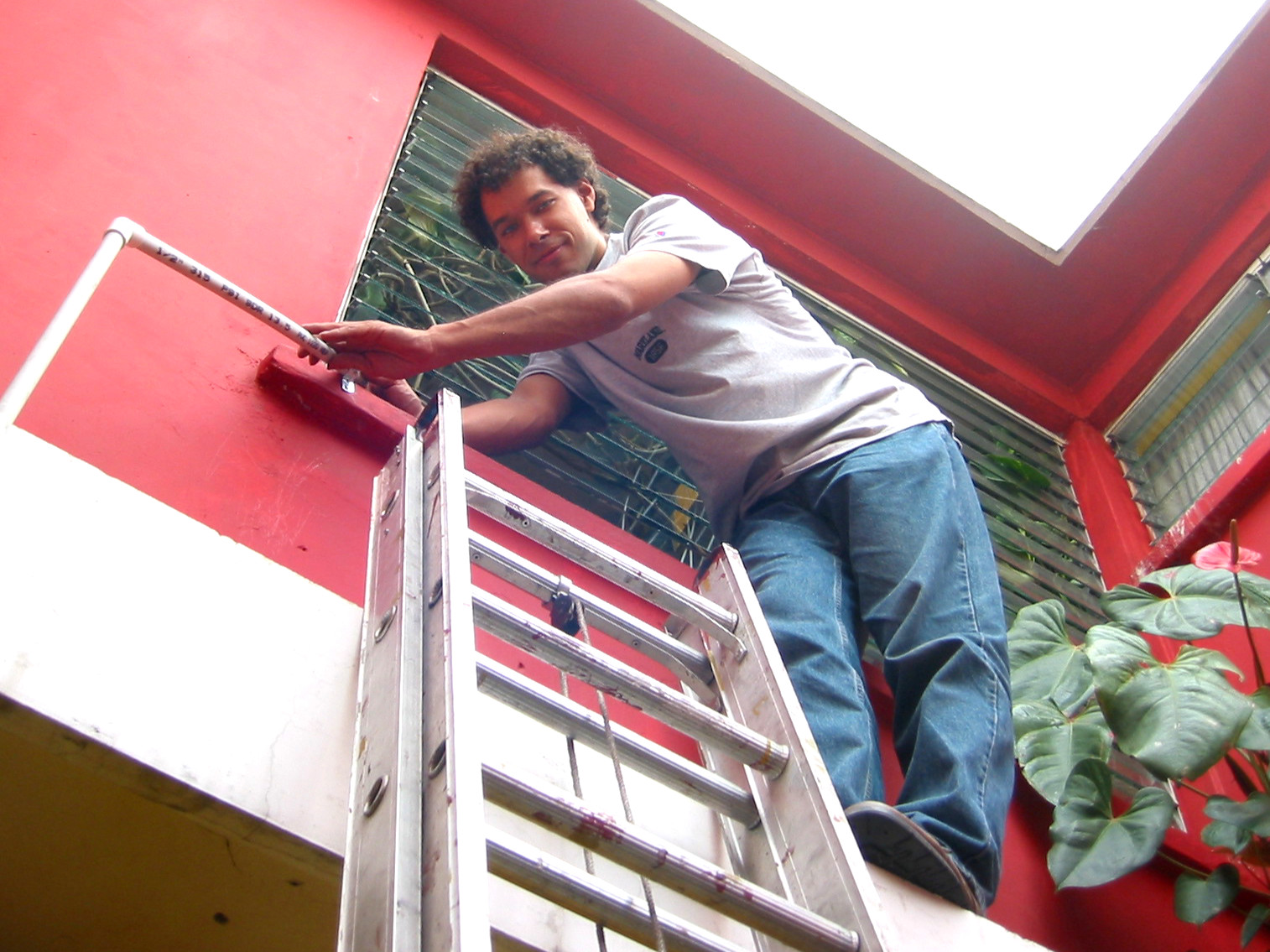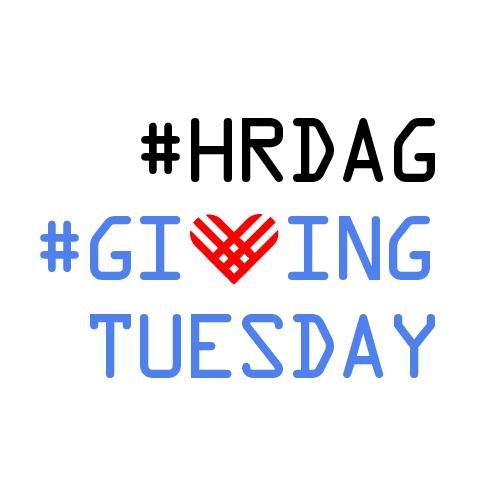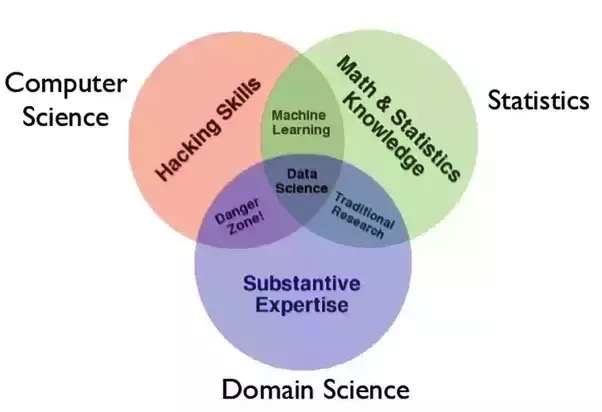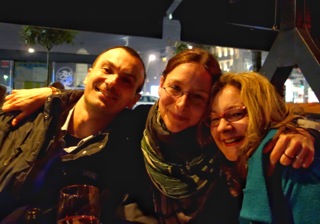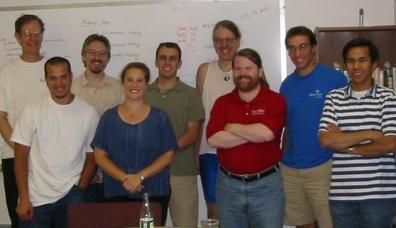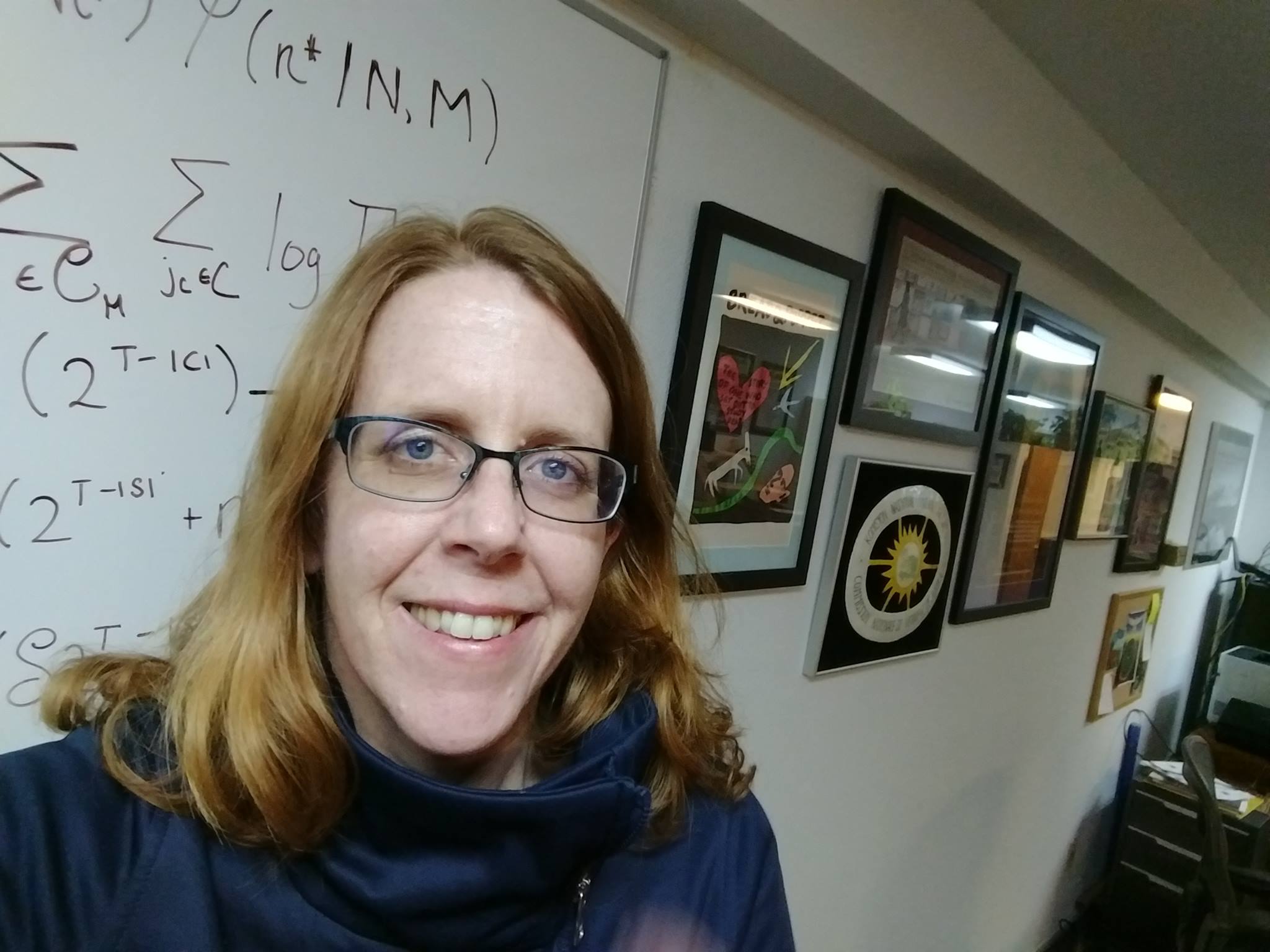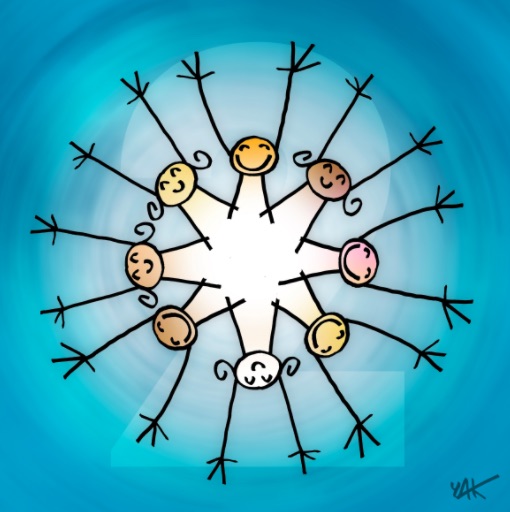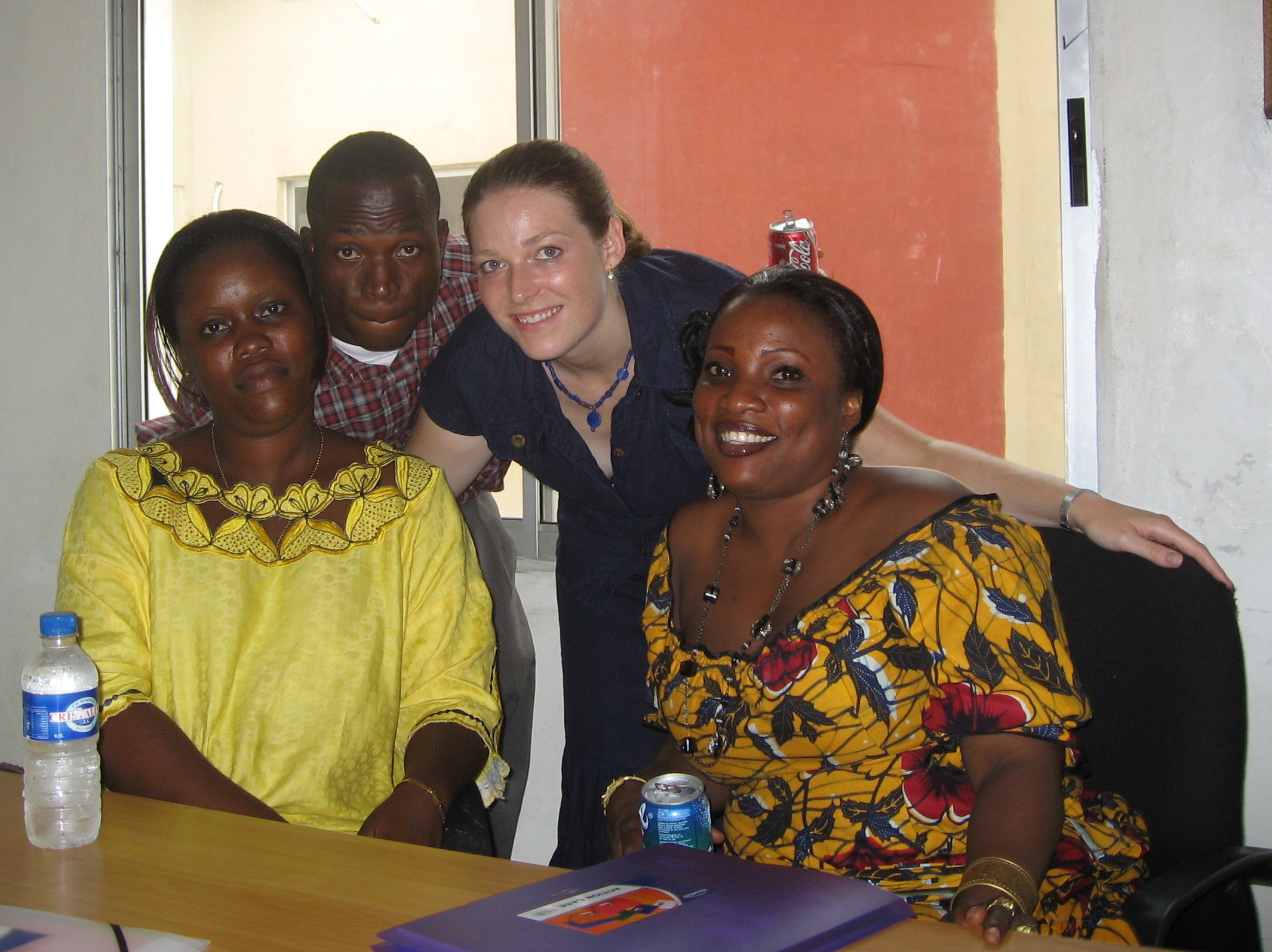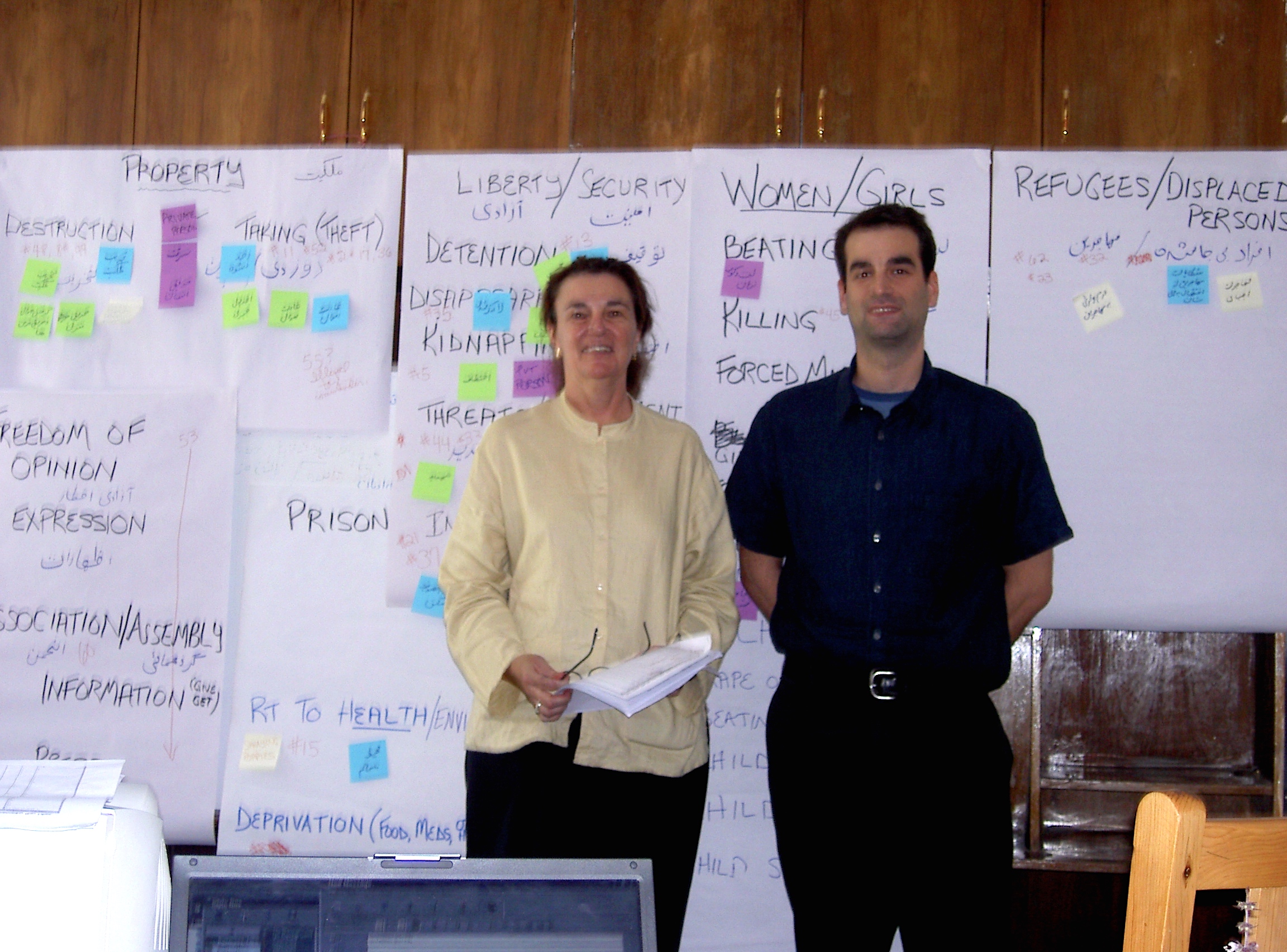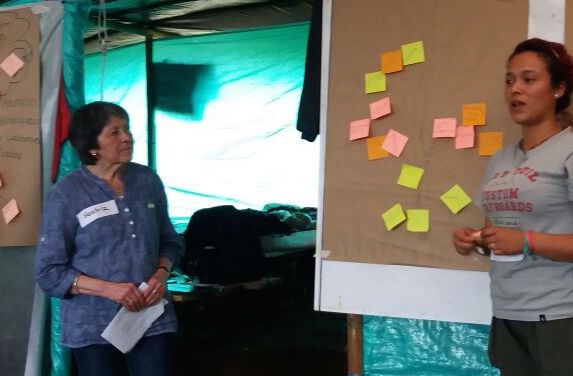HRDAG Testimony in Guatemala Retrials
HRDAG analysis presented by Patrick found that 5 percent of the indigenous Maya Ixil population was killed in a 15-month period.
FAT* Conference 2018
Kristian Lum spoke about "Understanding the Context and Consequences of Pre-Trial Detention" at the Conference on Fairness, Accountability, and Transparency (FAT*).
Reflections: A Love Letter to HRDAG
On the anniversary of the Universal Declaration of Human Rights, HRDAG executive director Megan Price tells us why she loves her work, and why she feels hopeful about the future.
Reflections: The People Who Make the Data
HRDAG associate Miguel Cruz has an epiphany. All those data he’s drowning in? Each datapoint is a personal tragedy, a story both dark and urgent, and he’s privileged to have access.
Reflections: Minding the Gap
How might we learn what we don’t know? HRDAG associate Christine Grillo hits the wayback machine and recalls her first exposure to People Against Bad Things, ideas about bias and correlation versus causation, and truth.
HRDAG and #GivingTuesday 2017
Help us hold human rights violators accountable!
New results for the identification of municipalities with clandestine graves in Mexico
The goal of this project is identify Mexican municipalities with a high probability of having clandestine graves. Knowing where to search will help to create better public programs regarding missing persons in Mexico.
Reflections: The G in HRDAG is the Real Fuel
It took me a while to realize I had become part of the HRDAG incubator—at least that’s what it felt like to me—for young data analysts who wanted to use statistical knowledge to make a real impact on human rights debates.
Reflections: Challenging Tasks and Meticulous Defenders
I have made it my personal objective to amplify HRDAG's message of being extra careful and scientifically rigorous with human rights data.
Our Thoughts on #metoo
Violence against women in all its forms is a human rights violation. Most of our HRDAG colleagues are women, and for us, unfortunately, recent campaigns such as #metoo are unsurprising.
In Pursuit of Excellent Data Processing
With help from HRDAG, Roman Rivera built the data backbone for the Invisible Institute's Citizens Police Data Project.
Reflections: A Meaningful Partnership between HRDAG and Benetech
I joined the Benetech Human Rights Program at essentially the same time that HRDAG did, coming to Benetech from years of analyzing data for large companies in the transportation, hospitality and retail industries. But the data that HRDAG dealt with was not like the data I was familiar with, and I was fascinated to learn about how they used the data to determine "who did what to whom." Although some of the methodologies were similar to what I had experience with in the for-profit sector, the goals and beneficiaries of the analyses were very different.
At Benetech, I ...
Reflections: Richard Savage’s Vision Fulfilled
In 1984, as a fresh PhD, I heard Richard Savage give his presidential address at the Joint Statistical Meetings in Philadelphia. He called it "Hard/Soft Problems" and made a big pitch for statisticians to get involved in human rights data analysis. It was inspirational, and I was immediately sold. I started working with the American Statistical Association's Committee on Scientific Freedom and Human Rights (now chaired by HRDAG's own Megan Price). Over time, a growing set of statisticians became involved, initially in letter-writing campaigns to help dissident statis...
Reflections: Some Stories Shape You
The first time I met anyone at HRDAG, I was a journalist. It was 2006. I was working on a story about a graduate student at Carnegie Mellon who’d collaborated with the organization on a survey in Sierra Leone, and I contacted Patrick Ball to discuss the work. At the time, I found him challenging.
But I thought his work—trying to estimate how many people were killed, or, in that study, otherwise injured, during wars—was fascinating. Over the next few years, I got to know other researchers working on similar questions. In 2008, as the war in Iraq ramped up, I ...
Our Thoughts on the Violence in Charlottesville
This week, we join our friends and colleagues in feeling horrified by the violence in Charlottesville, Virginia. As we have for the past 26 years, we stand with the victims of violence and support human rights and dignity for all. We spend our careers observing and documenting mass political violence across the world. The demands by the so-called “alt-right” to normalize racism and social exclusion are all too familiar to us.
At HRDAG, our work is always guided by the Universal Declaration of Human Rights (UDHR). We reaffirm our commitment to these principles, in ...
Reflections: Pivotal Moments in Freetown
The summer of 2002 in Washington, DC, was steamy and hot, which is how I remember my introduction to HRDAG. I had begun working with them, while they were still at AAAS, in the late spring, learning all about their core concepts: duplicate reporting and MSE, controlled vocabularies, inter-rater reliability, data models and more. The days were long, with a second shift more often than not running late into the evening. In addition to all the learning, I also helped with matching for the Chad project – that is, identifying multiple records of the same violation – back ...
Reflections: A Simple Plan
I got an email from my superheroic PhD adviser in June 2006: Would I be interested in relocating to Palo Alto for six months in order to work with Patrick Ball at the Human Rights Data Analysis Group? (She'd gotten a grant and would cover my stipend.) Since I'd spent the last several months in New Haven wrestling ineffectually with giant, brain-melting methodological problems, I said yes immediately.
The plan with my adviser was simple: I'd digitize the ancient, multiply-photocopied pages of data from the United Nations Truth Commission for El Salvador, combine them ...
Reflections: HRDAG Was Born in Washington
I began working with HRDAG in the summer of 2001 before it was ever even called HRDAG. In fact, not intended as a boast, I think I’m responsible for coming up with the name. After contracting with Dr. Patrick Ball for a time writing the Analyzer data management platform, I left New York City and joined him in Washington, DC, at AAAS in 2002. Soon after starting, Patrick decided to establish an identity for this new team, consisting mainly of myself, Miguel Cruz and a handful of field relationships. We discussed what to name it briefly in the AAAS Science & Policy ...
Locating Hidden Graves in Mexico
For more than 10 years, and with regularity, Mexican authorities have been discovering mass graves, known as fosas clandestinas, in which hundreds of bodies and piles of bones have been found. The casualties are attributed broadly to the country’s “drug war,” although the motivations and perpetrators behind the mass murders are often unknown.
Recently, HRDAG collaborated with two partners in Mexico—Data Cívica and Programa de Derechos Humanos of the Universidad Iberoamericana—to model the probability of identifying a hidden grave in each county (municipio). ...
Reflections: It Began In Bogotá
It was July of 2006, I’d spent five years working at a local human rights NGO in Bogotá, and I had reached retirement age. But then a whole new world opened up for me to discover. Tamy Guberek, then HRDAG Latin America coordinator, whom I had met at the NGO, approached me about becoming part of the HRDAG Colombia team as a research/administrative assistant. Over a cup of suitably Colombian coffee, the deal was quickly "signed.” My responsibilities ranged from fundraising to translations, from support in data gathering for estimates on homicides and disappearances ...



